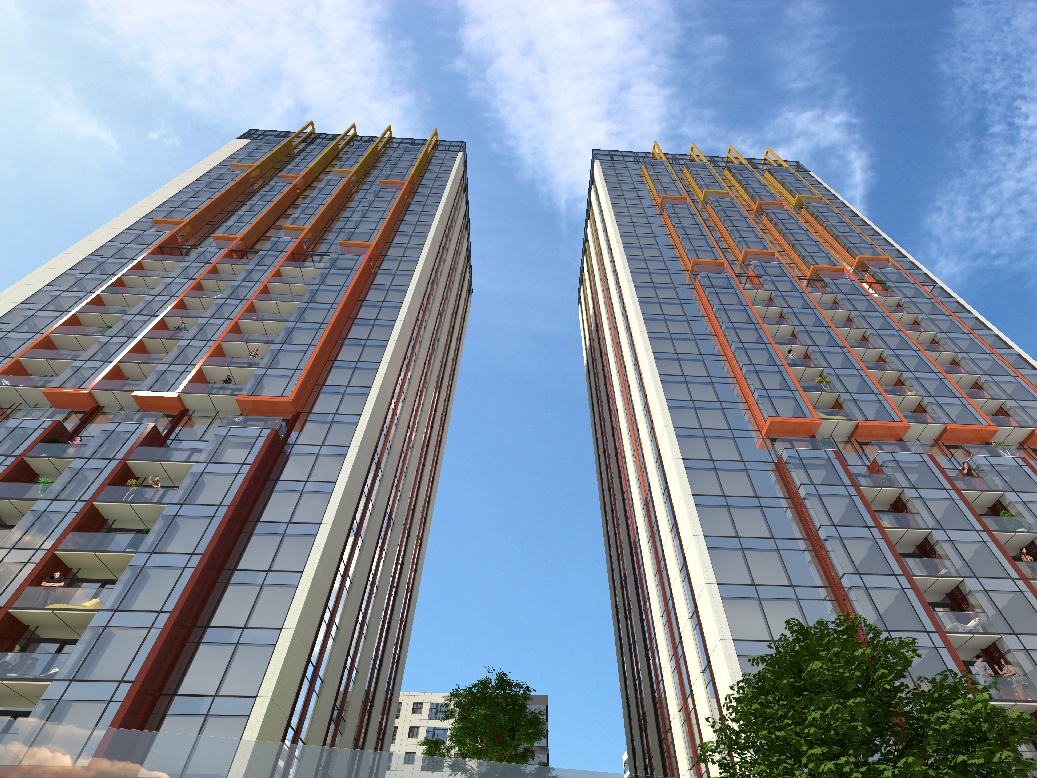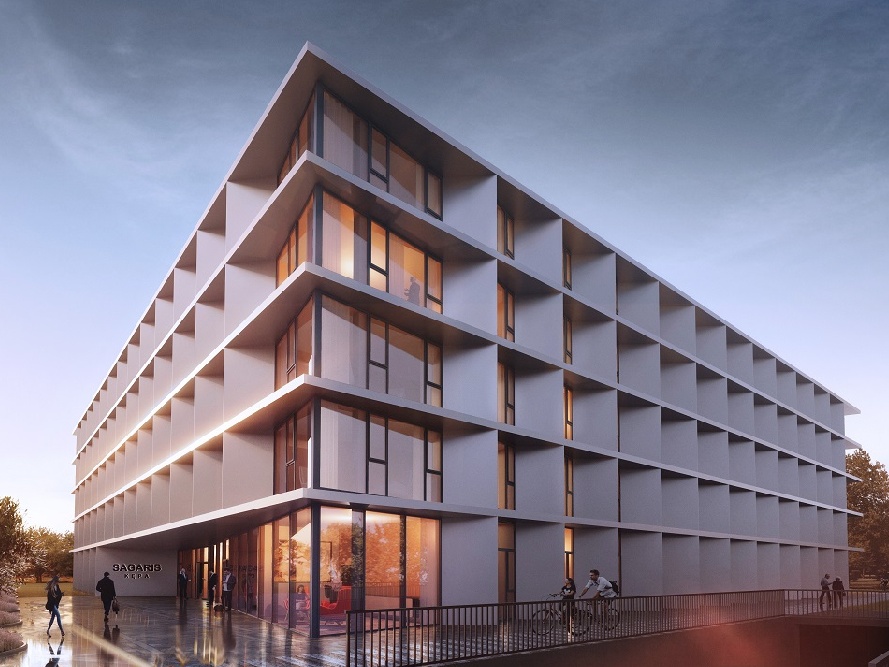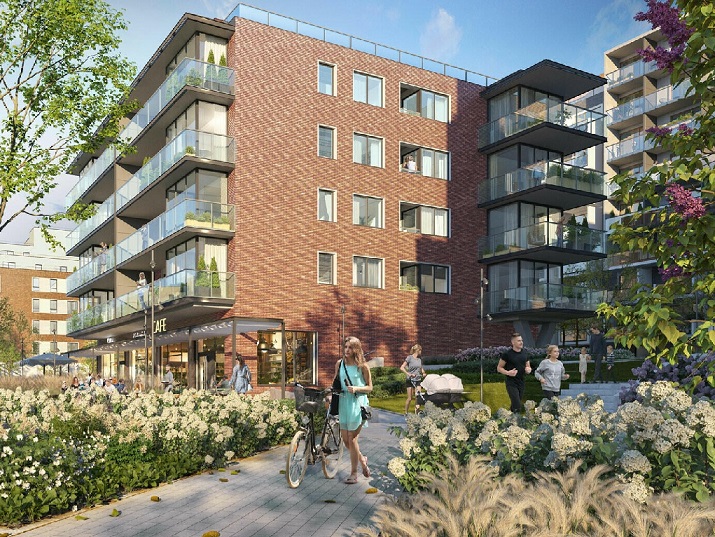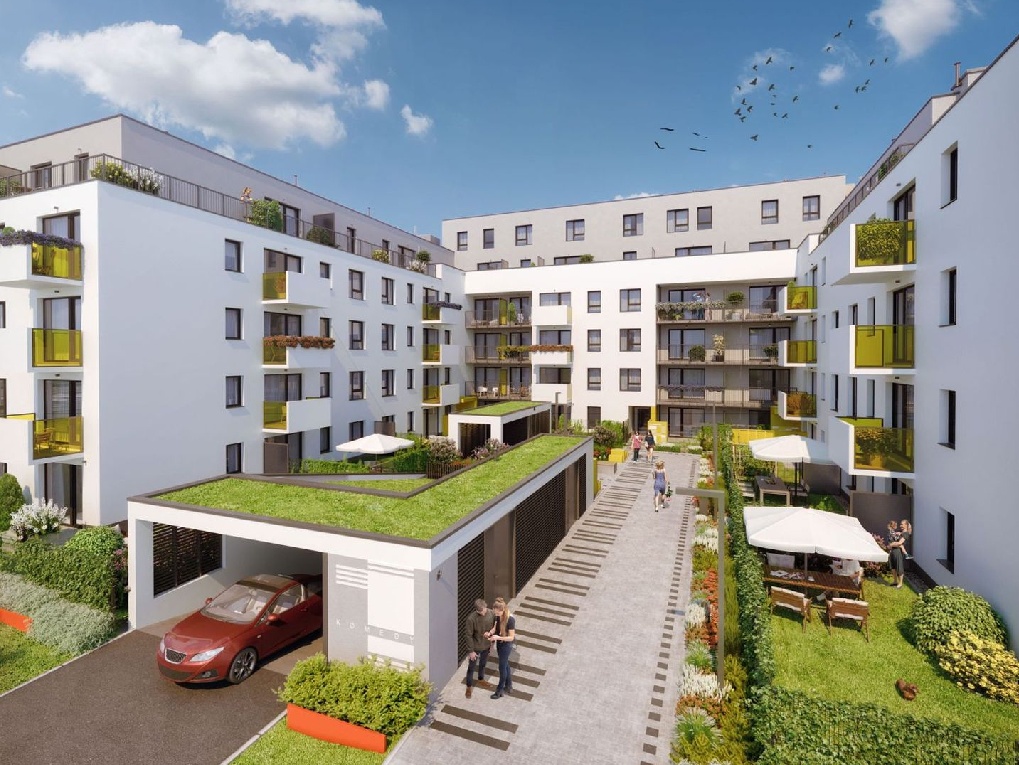PROPERTIES & RESIDENCE
Lithuania
Company formation with €29,000 capital*
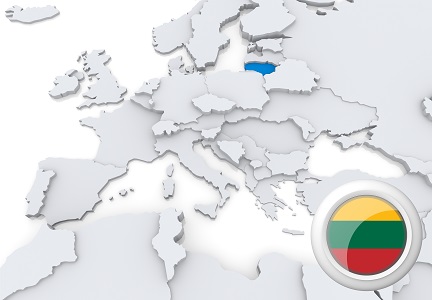
Consider the benefits of investing in real estate in Lithuania
The Vilnius real estate market offers reasonable prices, with an average rate of 1,700 EUR per square meter. While new apartments in the Old Town and city center may be more expensive, ranging from 3,000 to 5,000 EUR per sq/m, prices outside of the city center are much more affordable, ranging from 1,700 to 2,200 EUR per m2.
The potential yield is around 6%, and buy-sell costs are exceptionally low, with the exception of new builds where the hefty 21% VAT is added. Notary and registration fees amount to less than 5%, while seller fees are around 3%.
Lithuania has shown excellent GDP growth, as proven by the fact that even during the pandemic, the economy only dropped by 0.8%. In comparison, the UK's GDP dropped by 9.9% in 2020. Furthermore, employment conditions have significantly improved, dropping from 17.8% in 2010 to just 6% in 2020.
Salary growth in Lithuania, similar to Latvia, has seen annual growth rates of between 5% and 15% in the past five years, with salaries rising from 500 EUR per month to 916 EUR per month in the past six years. Although the government debt grew during the pandemic, it only increased by 48%, compared to over 100% in the UK.
The fintech industry in Lithuania has benefited greatly from foreign investments, and the country is home to successful startups like Revolut.
Lithuania has a highly educated population, with 125,000 students in a country with a relatively low population. Additionally, tourism in Lithuania is on the rise, and the population is steady. These factors make Lithuania an attractive destination for property investment.
Residence permits on the grounds of company formation
If you are interested in obtaining a residence permit in Lithuania by forming a company, it is important to keep in mind that the requirements and options can change frequently. Contact Lee & Bronski Support to stay up-to-date on the latest information.
Currently, one option is to apply for a residence permit after six months of setting up a company. To do so, you must establish a company with a share capital of at least 29,000 EUR and employ three Lithuanian citizens or workers with residency permits.
If you want to obtain permanent residency, you must live in Lithuania for five years as a temporary resident.
Taxes & Rental income tax
Capital Gains Tax in Lithuania is set at 15%. Rental income is also taxed at 15%, with deductions of 30% allowed. However, if you receive over 163,000 EUR in rental income in a year, an additional 20% tax may apply. The good news is that there is no gift tax or inheritance tax in Lithuania. In terms of property tax, properties worth up to 150,000 EUR are exempt from property tax. Properties valued between 150,000 EUR and 300,000 EUR are subject to a 0.5% property tax, while properties worth between 300,000 EUR and 500,000 EUR are taxed at a rate of 1%. If your property is valued at 0.5 million EUR or more, you can expect to be charged a 2% property tax rate.
Other residence types in Lithuania
There are various other types of residence permits that you may be eligible for depending on your circumstances. These include permits based on factors such as education, marriage, and naturalization, among others. It is recommended to consult with a legal professional or immigration specialist to determine which type of residence permit is best suited to your situation.
Which residence permits offer a path to permanent residency and citizenship?
The Lithuanian passport is highly desirable as it provides visa-free access to 180 countries and territories, making it the 9th most powerful passport in the world. If you have lived in Lithuania for 10 years, you may be eligible to apply for citizenship, although you will need to pass a Lithuanian language test. In some cases, Lee & Bronski may be able to assist you in obtaining Lithuanian citizenship without fulfilling the standard requirements.
Restrictions & Challenges
While rental yields in Lithuania may not be exceptional, they are on the rise.
Lithuania
Tourism aside, the US companies are increasingly keen to explore other mature but less saturated locations for the GBS & ICT sector. Similarily, the Financial Services and Research sectors currently comprise the largest employee base of the Lithuanian GBS ecosystem. The Information Technology and Services sector continues to be a leader with 41% of all Business Services Centres in Lithuania.
Current OpportunitiesGrowth And Business Advantages
The Lithuanian economy has shown remarkable growth during the pandemic, with the release of economic performance results in July indicating an unprecedented 8.6% rise in GDP growth in the second quarter compared to the same period last year. Economists note that the economy has not only recovered, but has effectively returned to pre-global financial crisis levels in 2008. This current growth is a balanced expansion driven by moderate public debt, increased production and exports, raising salaries, and domestic consumption, unlike the precipitous growth seen over a decade ago. Despite restrictions on global commerce and trade during the pandemic, the economy has demonstrated resilience. Analysts predict that the economy is on a sustainable track, with annual GDP growth expected to continue at 4-5%. The Lithuanian government emphasizes creating new jobs and supporting businesses that plan to grow using Lithuanian specialists or export products. To facilitate this, the government has launched a start-up visa for innovative entrepreneurs from other countries wishing to establish a start-up in Lithuania. The program no longer requires fulfillment of certain capital or employment requirements to obtain a residence permit. If a business idea is approved by a panel of experts, it forms the basis to apply for a temporary residence permit. In conclusion, Lithuania offers a convenient and inexpensive jurisdiction for registering a company and conducting business with excellent development prospects. Lithuanian companies are popular due to their low costs of accounting and administration, low taxes, and strategic geographical position. Moreover, Lithuania is an attractive destination for foreign entrepreneurs due to its stable, business-oriented government, multilingual communication capabilities, agreements on avoiding double taxation, relatively inexpensive labor, low price level, and absence of exchange controls. Lithuania ranks among the world's freest economies in terms of ease of starting a business and is also one of the leaders in Europe in terms of investment attractiveness.
Real Estate Trends
The primary markets for new construction apartments in Lithuania are its major cities, namely Vilnius, Kaunas, and Klaipėda. However, the coastal region emerged as the clear winner of the housing market in 2020 due to travel restrictions and limited mobility within the country. Many people chose to invest in seaside properties during this time. In contrast, the individual residential houses and land plots in the major cities and their districts were relatively active, but not as successful as the coastal market. Nevertheless, they fared better than the urban apartment market and even experienced growth during the pandemic.
-
-
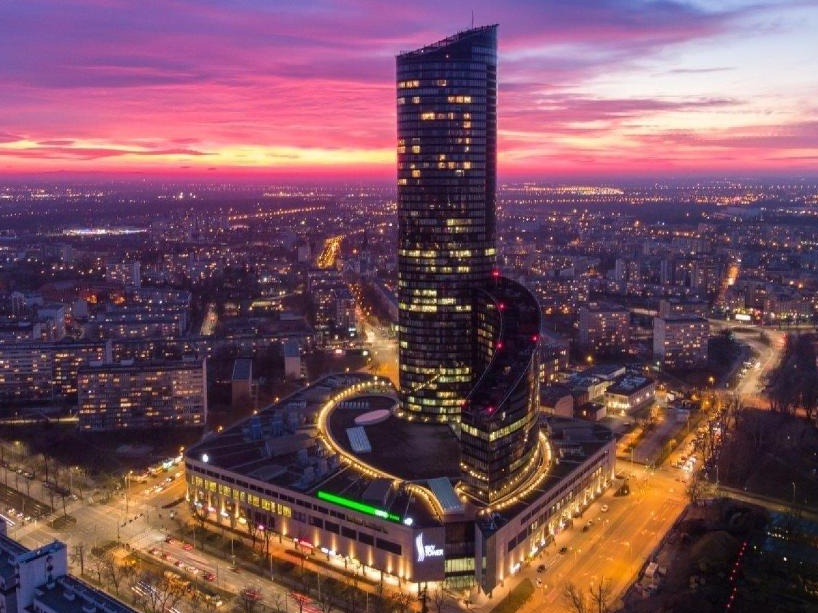
Poland > Wroclaw — Sky Tower 48F
Wroclaw
Poland > Warsaw — Moxo House
Warsaw
Poland > Giant Mountains — Passive Income on Rental
Szklarska Poreba
